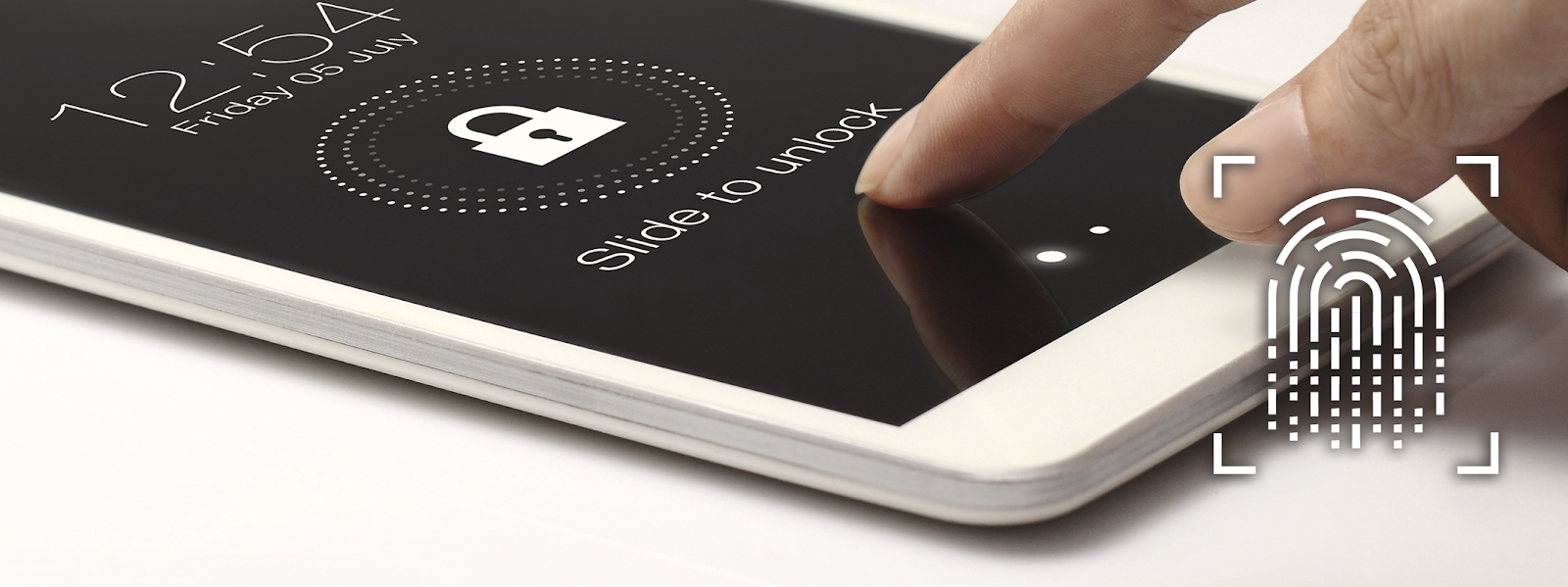The Risks of Public WiFi
 |
| Source: https://www.hackers-arise.com/single-post/2017/07/25/Man-the-Middle-MiTM-Attack-with-ARPspoofing |
Another downside of public WiFi is Rogue Hotspots, that are Public WiFis named after a legitimate Hotspot, but are actually set up by hackers to steal your data or inject malware to your devices. Always make sure where you are connected to is the legitimate network by asking an employee.
How to make sure that the Public WiFi is secure? Follow these simple steps:
1 Make sure that the full web address (URL) begins with HTTPS instead of HTTP, which means that is not secure. You can quite simply tell if the WiFi network is safe by checking whether it has a padlock next to the URL (see picture below).
2 Try not to access websites containing sensitive information such as Online Banking or even your Facebook account, and if you really want to use them, it is better to do it with your mobile network rather than Public WiFi.
3 Always apply software updates and use anti-virus to reduce the chances of getting hacked. You can check out the anti-virus packages Strathclyde University offers to its students by clicking here.
4 Change the settings into your mobile phone to make sure that you are asked before connecting to a Public WiFi, so that you can decide whether it is legitimate before it is too late.
We hope this was helpful, leave a comment below if you know any other tips for using Public WiFi safely!




Comments
Post a Comment
Hi, thank you for leaving a comment. We will get back to you as soon as we can.